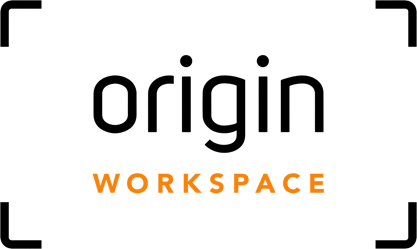






It’s hard to measure staff productivity. In most industries there’ll be some weeks when the team speeds through at maximum capacity to meet a pressing deadline, and others where they’re maintaining a steady average. What you don’t want is for staff to get to a stage where they’re watching the clock, and wondering why it’s going so slowly. More than ever companies are investing in lifestyle benefits to boost staff retention, recognising that variety, well being and community are equally important ingredients for long-term satisfaction in the work place as salary, creativity and a sense of progression.
If you’re wondering what it is about a shared office space that can boost the productivity levels of your employees, you need to look at the science. The Harvard Business Review [https://hbr.org/2015/05/why-people-thrive-in-coworking-spaces] reports that people who share office spaces measure levels of ‘thriving at work’ at an average of 6 on a 7-point scale – a point higher than the results for staff who work in standard company offices environments. The study aimed to establish the relationship between ‘thriving and… career development initiatives, burnout, health, and individual job performance,’ to help build a picture of what keeps employees engaged, productive and, most importantly, happy in longer-term working environments.
In Bristol shared office spaces are increasingly used by companies who already have their own offices, to provide variety and flexibility for their staff. Employers recognise that giving their staff the opportunity to network with professionals from a wide range of companies – often with quite different skill sets or from completely unrelated disciplines – can bring huge benefits to both their employees’ sense of motivation and enthusiasm, and their own businesses, in terms of creating new links and sales opportunities.
Shared office spaces enable professionals across a diverse range of professions to network, exchange skills, broaden their outlook and find serendipitous ways of supporting one another. Problem solving is often easier if there are more people to talk through challenges, while open-planned office spaces make it physically more convenient for individuals to communicate than when you’re working behind closed doors and only bumping into one another by the coffee machine.
It’s a system that works well for start-ups and entrepreneurs as well. The 2018 Origin Startup cohort discovered numerous ways of supporting one another’s business needs – swapping one skill set for another and providing introductions to other small businesses who could help with a particular dilemma. Organic discussions emerge when people come together, and often friends become clients or provide recommendations that lead to new business in ways you can’t anticipate when you’ve got your nose to the grindstone to pursue more traditional mono-focused measures of productivity.
There will always be a place for traditional working environments: times when you need a private meeting room, fancy a bit of peace and quiet or simply have to knuckle down to finish a deadline. But there’s a clear trend towards shared working environments, and the reason why that trend is here to stay is that we’re a sociable species, and life’s a lot more fun when you open up the doors to variety, connection and good old moral support.


Kalvinder Kour
Marketing Manager


Kalvinder Kour
Marketing Manager


Rob Hingston
Managing Director